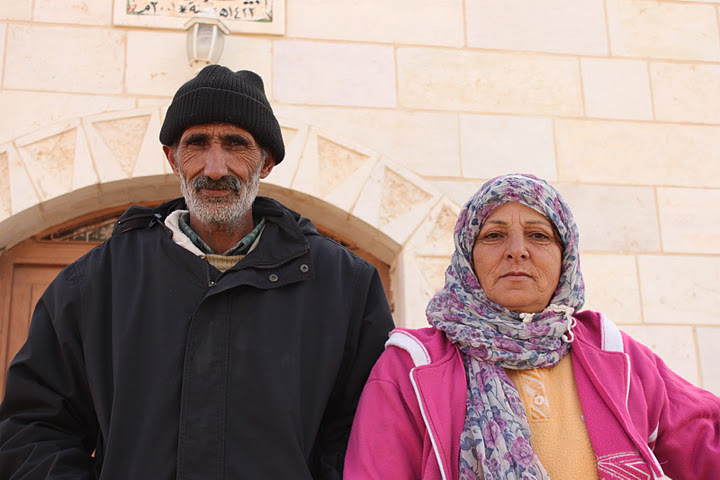Tag: Al Baqa’a
-
Water Series: IOF destroy farmland east of Hebron – ISM speaks to owner Ghassan Jaber
July 30 2019 | International Solidarity Movement | Bit Arawa, occupied Palestine This is the first of a series of reports documenting the control and devastation of water sources by Israel as a tool of oppression. On Thursday 18th July Israeli Occupation Forces (IOF) came to the Al Baqa’a area, east of Hebron, and…
-
Al Baqa’a: The struggle of a family in the shadow of illegal annexation
by Alistair George 17 November 2011 | International Solidarity Movement, West Bank “The Israelis hope that that the young people leave, the old people die, and then they can confiscate the land and the houses” says Sami, an activist working in Al Baqa’a, a windswept valley situated a few kilometers east of Hebron. The Jaber…
-
Iftar with the army: a Hebron story
11 September 2010 | ISM Media At about 17.00 on the 9th September 2010, right before Atta Jaber and his family were about to sit down to break the fast on the last day of Ramadan, eight soldiers appeared on the doorstep. One of them said that they wanted to come into the house, in…

